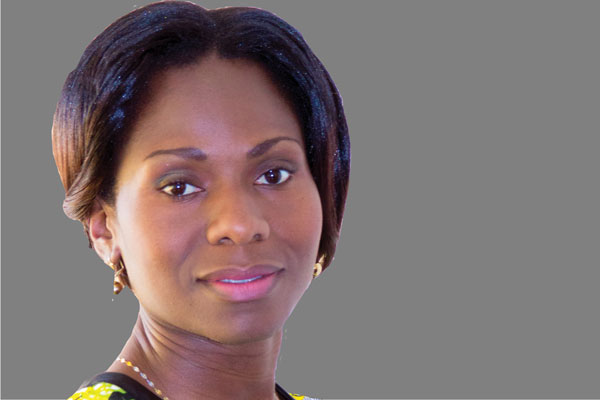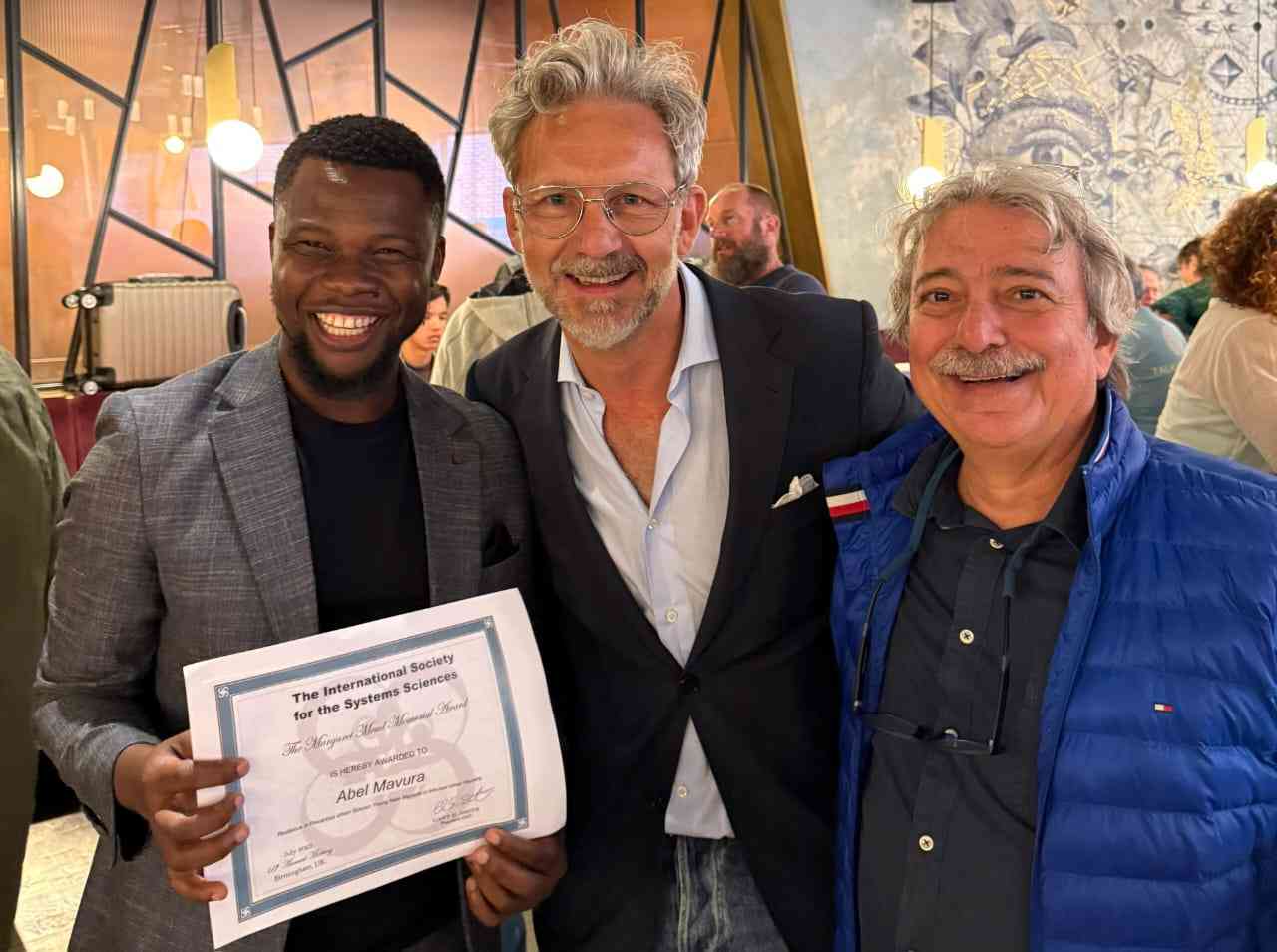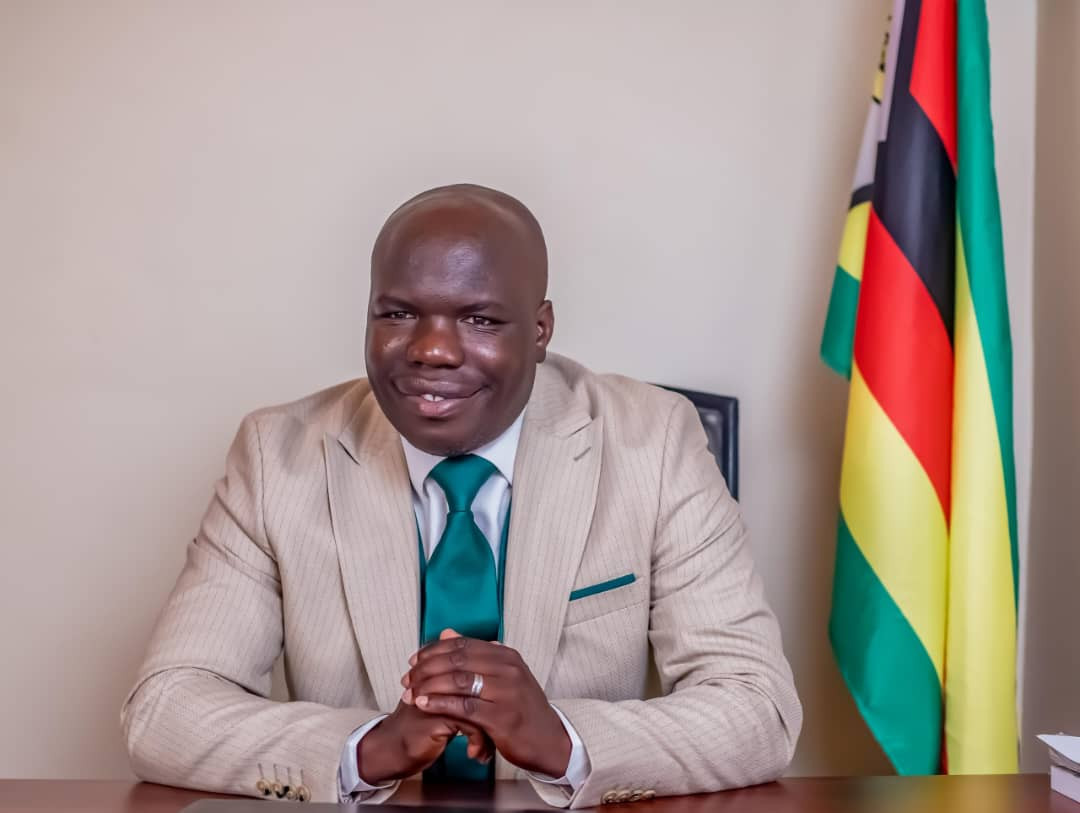
With a few weeks remaining in the season of the year, the pulse of time seems to race faster and often fails to match up to tasks that remain untouched or partially completed. For many, this can be a nerve-wrecking period of anxiety as they make concerted efforts to cramp in everything that escaped completion in the foregone months of the year. This time of year, many people’s thoughts turn to taking stock — seeing how things went this past year, and how things need to be different next year. The best of intentions will be dominated by whatever system you have had in place. If you have no system, then either old habits or just plain chaos will dominate, regardless of your intentions and motivation. The choices you make to either build or empty your emotional bank account leads to definite consequences.
inspiration with Cynthia C Hakutangwi
How much are you depositing?
Years ago, Stephen Covey introduced the emotional bank account, a concept that is becoming more pertinent in this era of diminishing quality relationships. Covey’s premise is that relationships are like bank accounts that begin with a zero balance. His advice is that we should never withdraw more than we deposit or seek to “get” before we give.
When continuous deposits are made with another person through positive, healthy and quality conduct, a reserve is built up in our emotional bank account with that person. Levels of trust towards us increase as we exhibit more integrity, appreciation and understanding. On the other hand, insensitivity, insincere actions, and being overly critical depress our account, because withdrawals are being made from it.
Take time to introspect
As we engage in strategic thinking which implies planning a roadmap to a place of success and significance in our lives, a critical area that we often overlook is that which pertains to the vitality of our immediate circles of influence. It is very possible that the relationships that matter the most to us can be diminishing every day without us being conscious of the depletion taking place. As we near the close of yet another year, it is very important that we take time to introspect and review how well we have been paying attention to our emotional bank accounts in as much as we are conscious of the status of our deposits into our financial bank accounts. While financial bank deposits can easily be tracked and accounted for, more conscious effort is required as we account for the status of our emotional bank accounts. The emotional bank account is a metaphorical expression of the amount of trust that has been built up in a relationship and relates to that feeling of safeness we have with another human being.
How consistent and deliberate are we in making deposits into healthy, vital relationships? Where large reserves of trust are not sustained by continuous deposits, organisational cohesiveness, families and marriages will deteriorate. If organisations, family members and partners find themselves operating from a generally defensive position, it may be a reflection that their emotional bank accounts are overdrawn.
- Chamisa under fire over US$120K donation
- Mavhunga puts DeMbare into Chibuku quarterfinals
- Pension funds bet on Cabora Bassa oilfields
- Councils defy govt fire tender directive
Keep Reading
Relationships by their very nature are strategic instruments that can propel and accelerate our progress in ways that money alone could never achieve or match. As we pursue the creation of trans-generational wealth in our strategic plans, our goals and definitions of success would have a faulty premise if we overlook the depth of wealth that lies in our relationships. In the same way that we measure and account for every cent in our financial growth, we ought to also pay attention to every action and measure every word in our relational transactions. A strategic life plan which lacks an emphasis on how we plan to nourish and manage our personal, business and social relationships is at most not sustainable.
Are you loving things and using people?
Relationships should occupy a superior position which is clearly articulated in the vision, mission, strategy, goals and budget within our life plan. When we value relationships in our strategy we are less likely to fall into the temptation of “loving things and using people”, but rather we develop a culture of “loving people and using things” to reach our ultimate goals. When we have a wealthy emotional bank account, there is stability to the extent that we can afford to have disagreements without immediately feeling the need to write off the relationship. Conflicts can be resolved when our account is not overdrawn. This requires thoughtfulness, kindness, loyalty, openness, honesty and truly trying to understand others.
If you were to list the most important people in your life and look at those bank accounts today, what would you find? Strategic thinking starts by paying attention to the little things. As the year ends and as we prepare for the festive break, what little things could you do to nourish and replenish those accounts? In our review of the year gone past, may we take time to diagnose and assess the depth of withdrawals in our relationships with our family members, employees, colleagues and strategic spheres of influence.
Cynthia Chirinda Hakutangwi is an organisational and personal development consultant, life coach, author and strategist. Her latest book, The Connection Factor: Unlocking your Individual Potential Through your Connections, provides some relational nuggets to individuals who seek to establish meaningful, relevant and fulfilling relationships that can unlock their potential. Looking at improving your career, personal effectiveness, communication skills, relationships, focus, faith and happiness? Wholeness Incorporated Coaching offers you strategies you can implement today to review your progress and achieve your goals. E-mail: [email protected]. LinkedIn: Cynthia Chirinda Hakutangwi. Mobile: +263 717 013 206











